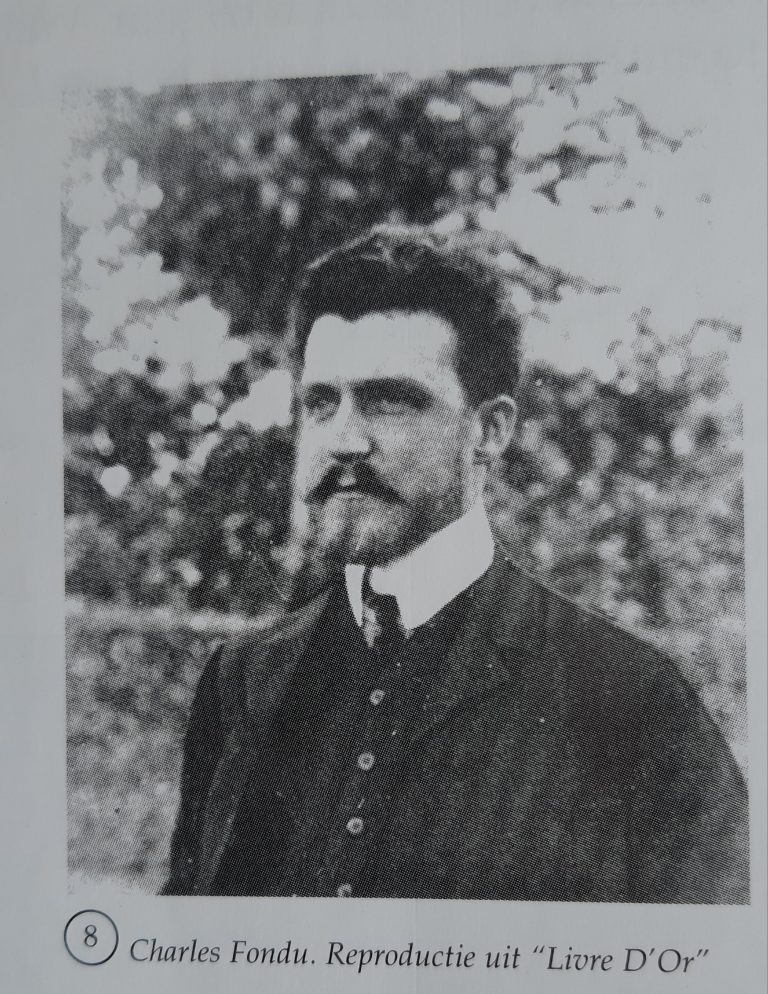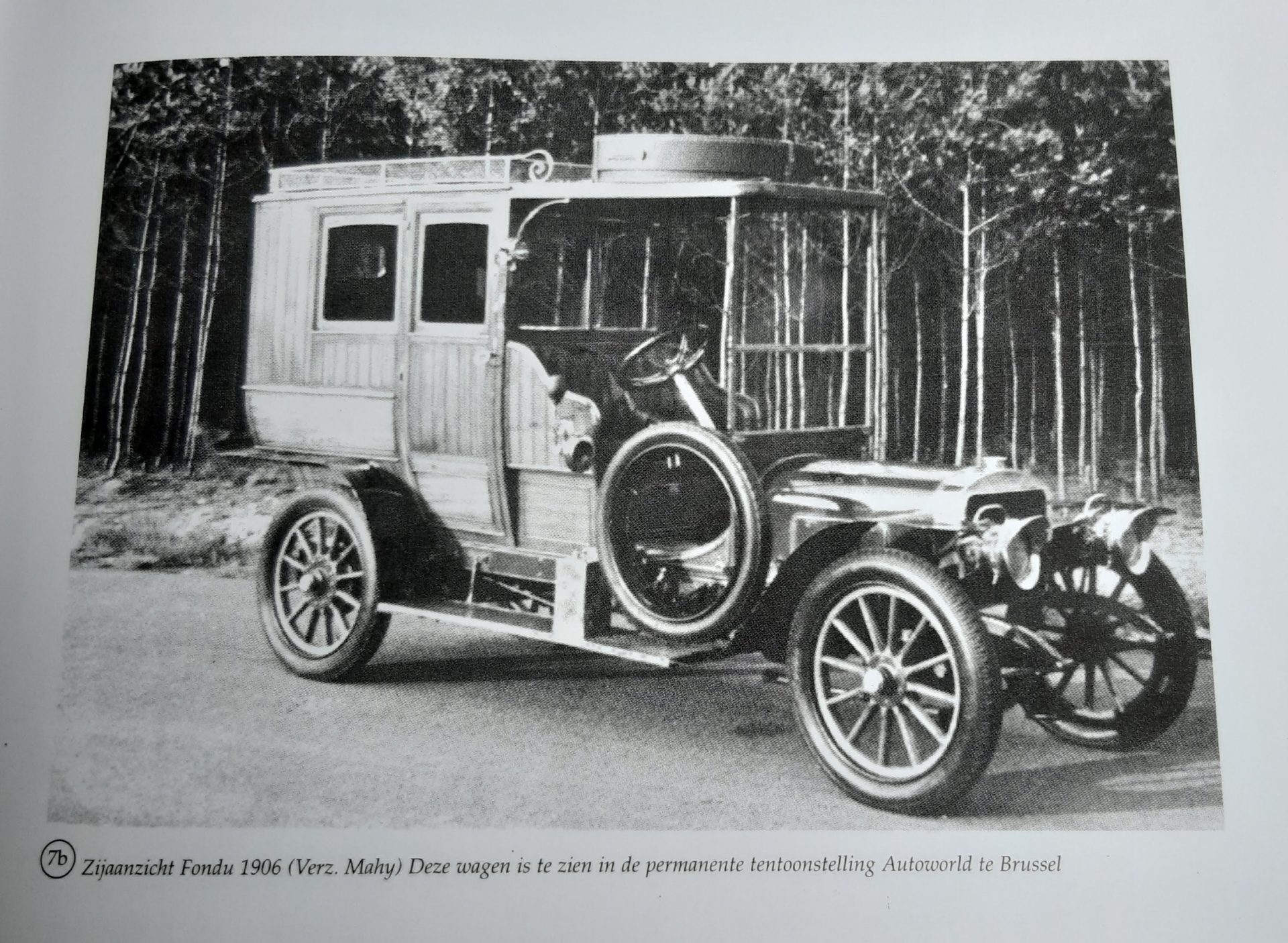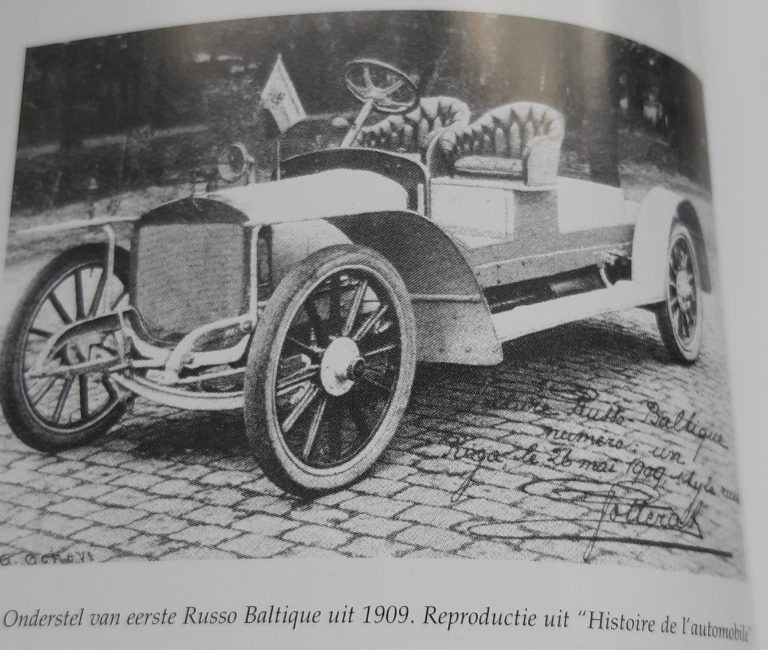The company Mondiale has existed for almost 100 years. But did you know that our origins go back a lot further? To 1860 to be precise. That’s when the Fondu family business in Vilvoorde put the metal industry on our map. Since 1921 this company has been known as Mondiale.
For decades Vilvoorde was the beating heart of the Mondialists. This is the remarkable and wonderful story of Mondiale, recorded for you in a 6-part mini-series.

PART 2: 1894 to 1920
When Jean-Baptiste Fondu emigrated to the USA in 1890 he left his profitable factory in the hands of his 3 children: Charles J. B. , Marthe-Madeleine and Elisa. The company in Vilvoorde, which would only be called Mondiale much later, was then called ‘Société en nom collectif Charles J.B. Fondu et Soeurs’.
A new, bigger factory
The eldest (and only) son Charles J.B. was now clearly in charge, and didn’t let the grass grow under his feet. He immediately bought a 65-acre piece of building land, located on Koepoortstraat in Vilvoorde, close to the railway line and had a new, larger factory built there.
Sadly, a year later, his sister Marthe-Madeleine passed away. The company was forced to dissolve and Charles J.B. bought out his sister Elisa. From then on, the firm became a one-man business.
The first Fondu automobile
In his “Fondu factory” Charles J.B. emerged as a worthy successor to his father. His main activities remained production of railway equipment and locksmithing. Charles was very innovative and ambitious. He kept a close watch on all the latest trends, especially those relating to automobiles.
In 1906 the very first Fondu type “CHF 1” came onto the market. This car was a very robust 4-cylinder (100 x 120) of 20/24 HP and 3-gears with a cardan transmission. The head of the “car construction” department was a young Swiss engineer who was a technological whizz.

Charles J.B.’s Fondus regularly finished on the podium at motor races which were held across the country and abroad. He was a driver himself and surprised the public by tearing around the track at 97 km/h.
In 1908 Charles J.B. sold the licence to manufacture the “CHF 1” model to a Russian company. The Swiss head of department also went to Riga. Thanks to their solid construction and fast engines the cars there proved to be equally successful.

The firm mourns, an industry disappears
Back to the factory in Vilvoorde… Charles J.B. switched over to the production of 4-cylinders with smaller capacitors: 60/100, 70/110 and 75/120. And in 1911 he set up a limited company: “S.A. Anciens Etablissements Charles J.B. Fondu”.
Barely a year later, in 1912, the firm was in deep mourning. Charles J.B. died unexpectedly at the age of 39. The company then focused on the production of car engines and other parts. They supplied various car brands, especially in Belgium.
But the Belgian car industry was gradually suffocated by foreign competition. And so, by 1920, nothing was left of the once much-appreciated car brand Fondu.

In the years that followed, the company fortunately resurrected itself by focusing on the construction of motorcycles. The brand name “La Mondiale” made a furore here for the first time!
You can read about this in the next part of this wonderful and remarkable history of Mondiale.
Source: STAPPERS, M. (1998). The remarkable history of a Vilvoords Metal Construction Company – 1860-1989. Vilvoorde, Dupress Vilvoorde.
